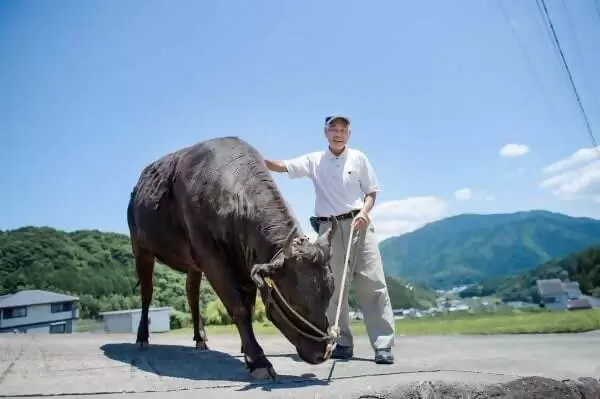Japanese Medical Institutions

This page contains a list of medical treatment information for out-of-country visitors during their stay in Japan.
While traveling, it’s not uncommon to experience an unexpected illness or injury.
This page contains a list of medical treatment information for out-of-country visitors during their stay in Japan.
In Japan’s current medical setting, there are many institutions which aren’t able to offer multilingual support, including English.
However, even if you can’t communicate with the medical staff in your own language, please don’t worry.
In order to accurately explain your condition to the doctor, please use the medical reference sheet listing symptoms and their description (just point out the correct word to the physician), and also the translation application, both of which are introduced on this page.
You’ll most certainly be looked after with proper care and attention.
Types of Medical Institutions in Japan
Which institution you use will depend on the time you need to visit and the degree of urgency, and also on the severity of your symptoms.
1. When You’d Like to Have a Medical Examination
During normal business hours, please go to a clinic or general hospital. You can also see a doctor if you go to the nighttime medical services window.
Using the site down below, you can search for medical institutions that accept foreign patients.
On this site you can select the region of Japan, your language choice, the medical department (specialty), and your preferred credit card. By doing so you’ll be able to narrow down which hospitals can meet your requirements.
List of medical institutions that offer foreign language support
To search for a medical institution, select the area, your language, the medical field, credit card use (if it’s the case).
https://www.jnto.go.jp/emergency/eng/mi_guide.html
2. When You Need to Call an Ambulance
In the case of an emergency, please call 119 and ask for an ambulance. You’ll be put in touch with the fire department looking after the area where you’re located, and they’ll take you to a hospital’s emergency department.
Throughout Japan, the cost of the fire department’s emergency duties are completely covered by public funding.
However, please note that patients are responsible for the expenses they incur at the hospital, and also for the transportation fees when returning back to their place of accommodation after they’ve been discharged.
When you call 119, you’ll be asked whether it’s a fire or emergency, your location, and your condition / symptoms, so please remain calm and answer the questions.
In cases where you don’t know exactly where you are, please ask someone nearby for help.
At the Tokyo Fire and Disaster Management Agency, English-speaking operators are on duty 24 hours a day.
The Process After Your Arrival at the Hospital
Ambulance arrives→Taken to Emergency→Receive treatment→Fee payment→Return home
OR
Ambulance arrives→Taken to Emergency→Hospitalization→Fee payment→Return home
Precautions
Patients don’t have a choice as to which hospital they’ll be taken to.
Depending on the circumstances, there might be instances where you need to immediately undergo treatment without a preliminary doctor’s consultation.
So compiling a personal medical profile will give you some peace of mind.
(Example)
・Name:
・Gender:
・Date of Birth:
・Age:
・Currently undergoing treatment for a medical condition: yes / no
・Currently taking medicine: yes / no
・Pregnant: yes / no
・Recent and past illnesses:
・Allergies (medicine, food, insects (ie. bees, etc.), animals, other):
・Preferred language choice:
・Religious affiliation:
3. When You Don’t Need to Consult a Doctor
→Go to the nearest pharmacy or drugstore
Precautions
If possible, please consult with a pharmacist before purchasing any medicine.
At night when a pharmacist isn’t on duty, there might be instances where you won’t be allowed to purchase medicine (depending on the type).
Main Symptoms and Medical Department (Specialty)
Fever, sore throat, coughing, runny nose: Internal Medicine
Headache: Internal Medicine, Neurosurgery
Chest pain: Cardiology, Respiratory Medicine (Pulmonology)
Back pain: Internal Medicine, Gastroenterology, Gynecology (women)
Vomiting of blood, bleeding from rectum: Internal Medicine, Gastroenterology
Diarrhea: Internal Medicine, Gastroenterology
Injury, cut: (General) Surgery, Plastic Surgery
Fracture, Joint pain (Arthralgia): Orthopedic Surgery
Burn: Dermatology, Plastic Surgery
Eczema, hives: Dermatology
Dizziness, Ringing in ears (Tinnitus): Ear, Nose and Throat Specialist, Neurology
Ear and Nose Abnormalities: Ear, Nose and Throat Specialist
Children’s sickness: Pediatrics
Toothache: Dentist
Difficulties urinating, Blood in urine, Painful urination: Urology
During pregnancy (stomach pains or bloating, bleeding, water breaking, concerns about baby): Gynecology
During an emergency: Emergency room
When you don’t know which medical department to contact: Visit the General practice
Hospital Visit Procedures and Precautions
1. Check-in at the reception counter
2. Fill out a medical questionnaire sheet
3. Have an examination, undergo treatment, and receive a prescription
Please inform the physician of your condition by using the medical reference sheet listing symptoms and their description (just point to the correct word and show the doctor), and also by using the translation application.
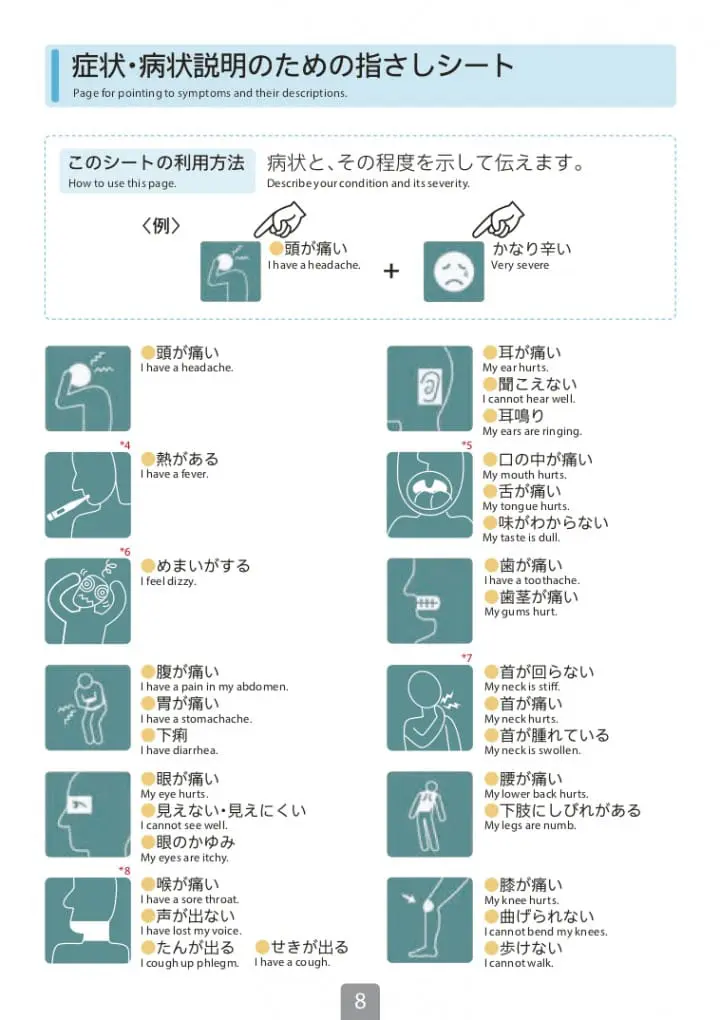
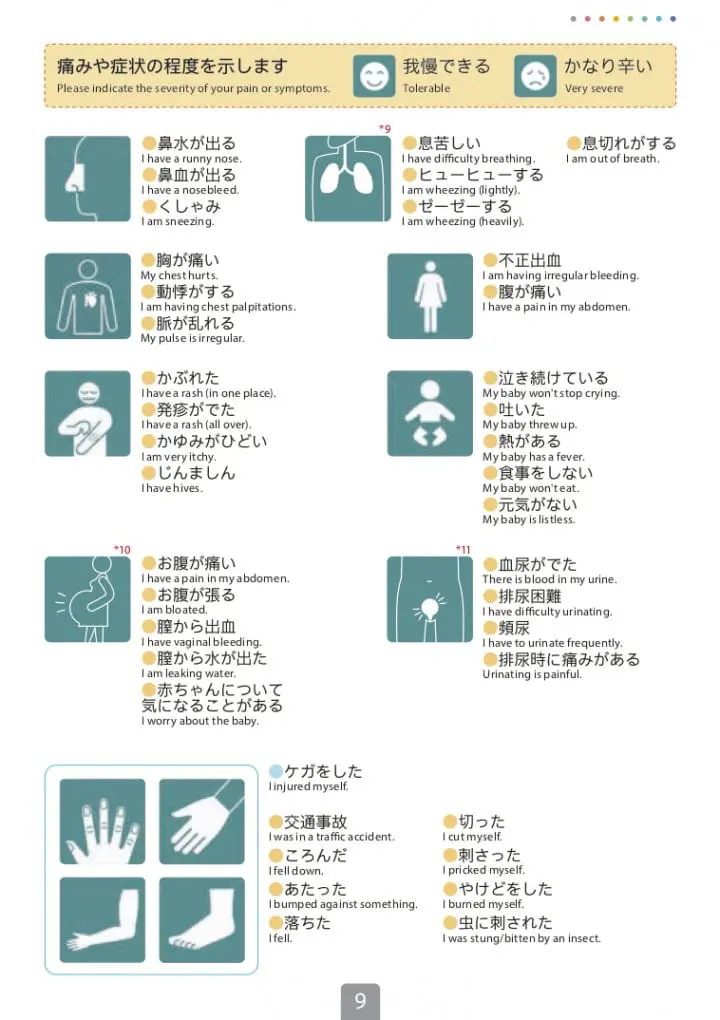
4. Make your fee payment
This is the fee for your medical examination.
At large hospitals payment can also be made by credit card, but at clinics, payment by cash is the general rule of thumb.
However, when you take out a cashless international travel insurance policy, it won’t be necessary to make a payment.
The conditions for cashless insurance differ from premium to premium, so please check with your insurance company ahead of time.
5. Present your prescription at the pharmacy, then buy the medicine
Regarding the medicine bill, please pay separately at the pharmacy. Depending on the institution, medicine is also sometimes sold in a pharmacy on the hospital premises.
The Importance of Buying Travel Insurance
In some instances medical bills can be expensive, so we recommend buying international travel insurance before coming to Japan.
In the event that you do need medical attention, you’ll be able to do so with peace of mind if you take out an insurance policy that sufficiently covers potential hospital expenses.
Insurance policies fundamentally differ from each other, so a site that allows you to search for medical institutions, a translation service, and international travel insurance featuring cashless medical treatment, are all very convenient.
If you forget to purchase travel insurance before leaving on your trip, there’s also insurance that you can buy via your smartphone, so please have a look at this upon arriving in Japan.
This special page was created based on the guidebook released by JNTO. For more details, please take a look at the following page:
https://www.jnto.go.jp/emergency/common/pdf/guide_eng.pdf
This is the official account of MATCHA's editorial department. Our articles feature useful travel information for visitors to Japan, from how-to guides to recommended places to visit.

































![[Recommended accommodation in Ureshino Onsen] 1.5 hours from Hakata Station! Enjoy Japanese tea and skin-beautifying hot springs at Saga Ureshino Onsen URESHINO YADOYA](https://resources.matcha-jp.com/resize/720x2000/2025/06/14-236549.webp)
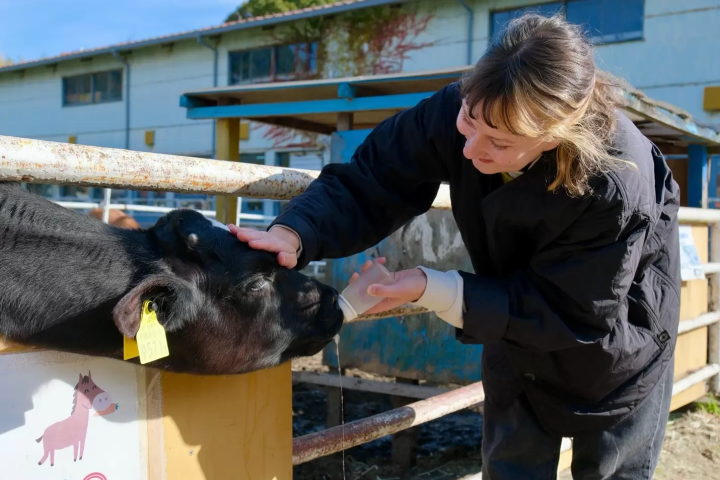
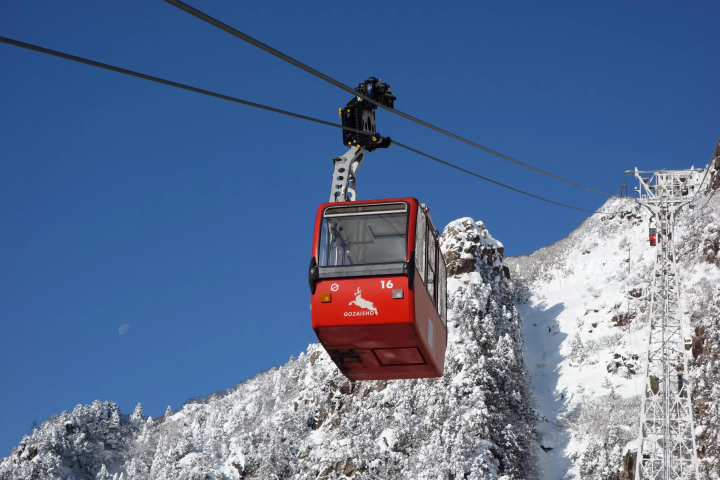
![[Kagoshima] Overcoming 12 Years of Hardship: Walking through Minamisatsuma City, the sacred land where the monk Ganjin landed](https://resources.matcha-jp.com/resize/720x2000/2026/02/21-259481.webp)
